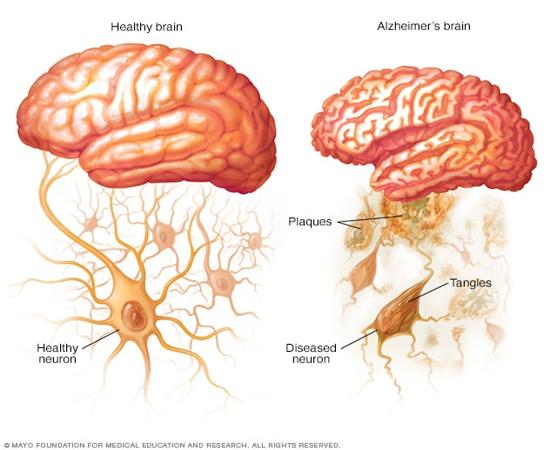Understanding Alzheimer’s Dementia and Brain Health
Alzheimer’s disease is a progressive neurodegenerative disorder that primarily affects older individuals. It is the most common cause of dementia, a group of brain disorders that result in a gradual loss of cognitive functions. Understanding the relationship between brain health and alzheimer‘s is essential in managing the condition effectively and improving the quality of life for those affected.
Benefits of Maintaining Brain Health in Alzheimer’s Dementia
Individuals with Alzheimer’s disease can benefit significantly from efforts to maintain overall brain health. By adopting a brain-healthy lifestyle, such as engaging in regular physical exercise, following a balanced diet, staying mentally active, and getting enough quality sleep, it is possible to slow down the progression of cognitive decline and potentially improve cognitive function.
FAQs on Alzheimer’s Dementia and Brain Health
1. How does Alzheimer’s disease affect the brain?
Alzheimer’s disease causes abnormal changes in the brain, including the formation of plaques and tangles, which disrupt the normal communication between brain cells. Over time, these changes lead to cell death and a gradual decline in cognitive function.
2. What is the connection between dementia and brain health?
Dementia is a syndrome characterized by a decline in memory, thinking, behavior, and the ability to perform everyday activities. Maintaining brain health is crucial in managing dementia effectively and improving overall quality of life for those living with the condition.
3. How can I support the brain health of someone with Alzheimer’s disease?
Supporting the brain health of a person with Alzheimer’s involves creating a stimulating environment, providing opportunities for social interaction, encouraging physical activity, ensuring proper nutrition, and promoting mental stimulation through activities like puzzles or memory games.
4. Are there any specific brain exercises that can benefit individuals with Alzheimer’s?
Certain brain exercises, such as puzzles, crosswords, Sudoku, and memory games, can help stimulate cognitive function and promote brain health in individuals with Alzheimer’s disease. These activities can help maintain cognitive abilities and delay further decline.
5. What role does social interaction play in brain health for those with dementia?
Regular social interaction is essential for maintaining brain health in individuals with dementia. Engaging in conversations, participating in group activities, and fostering social connections can help stimulate cognitive function, improve mood, and enhance overall well-being.
Detailed Explanation of alzheimer’s dementia brain health
Alzheimer’s disease affects the brain by causing the accumulation of amyloid plaques and tau tangles, which interfere with the normal functioning of brain cells. These changes lead to the destruction of nerve cells and synapses, resulting in cognitive impairment and memory loss. By prioritizing brain health through lifestyle modifications and supportive interventions, individuals with Alzheimer’s can experience enhanced cognitive function, improved quality of life, and potentially slower disease progression.
Conclusion
In conclusion, understanding the importance of brain health in the context of Alzheimer’s dementia is crucial for effectively managing the condition and improving overall well-being. By promoting brain-healthy habits, engaging in stimulating activities, and fostering social connections, individuals with Alzheimer’s can enhance cognitive function, slow down disease progression, and enjoy a higher quality of life despite the challenges posed by the condition. Investing in brain health is an investment in a better future for those living with Alzheimer’s disease.


